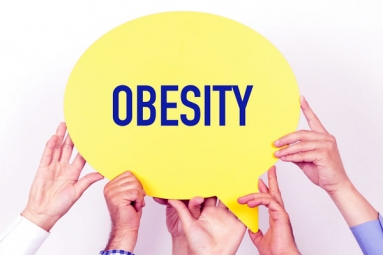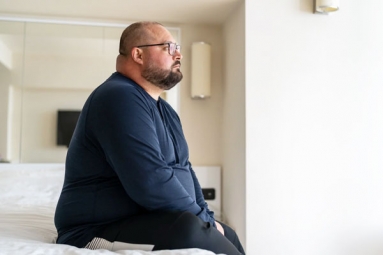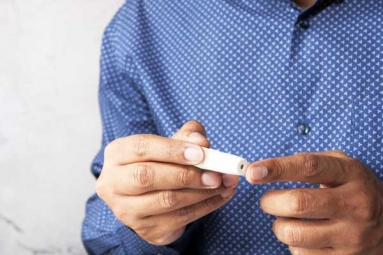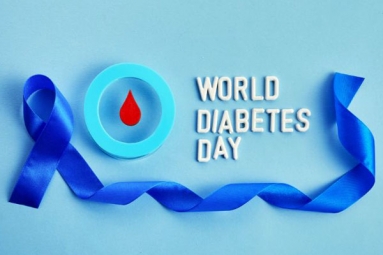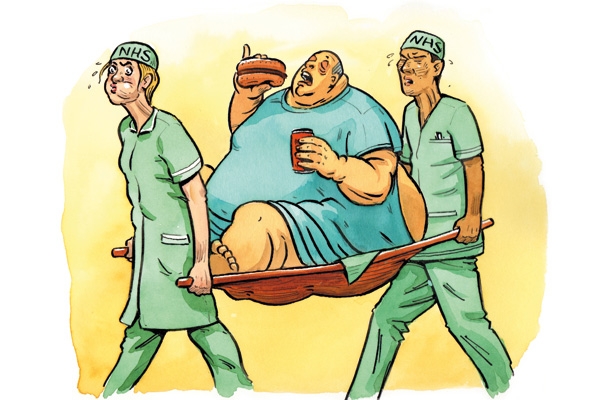
(Image source from: nutrition.org)
Certain mechanical issues with respect to obese person’s body will curb the recovery process of a COVID-19 patient.
A recent study by Apollo Hospitals in Delhi found that about 70% of COVID-19 patients who were tested positive were either overweight or obese. There is emerging evidence that being obese or overweight can increase the chance of contracting coronavirus in India.
However the recent studies by Apollo hospitals have not been published or reviewed yet. Some doctors across the country have said that along with diabetes, obesity is being emerged as a serious risk factor for COVID-19.
A senior gastrointestinal surgeon of Apollo hospitals said that 82% of people who have succumbed to the virus were overweight or obese.
How can obesity be a risk factor?
There’s a combination three factors that puts obese people at the risk of contracting coronavirus.
Obese people have difficulty in breathing already and their lungs are usually smaller relative to the size of their body. Their abdominal weight pushes up their breathing muscles and chest.
As COVID-19 is primarily a breathing illness, it damages the lungs. So, those who are already compromised on breathing cannot handle the extra load of infection to lungs. COVID-19 requires healthy lungs and compromised lung volumes make it much harder to defeat the infection.
This mechanical problem of breathing makes it more difficult to the patient when he is put on a ventilator.
The correlation between diabetes and obesity is fairly strong and diabetes is one of the major factors for causing COVID-19 in people.
Obese patients often have additional health issues like hypothyroidism and sleep apnea and these things add up to the existing ailment making it more worse.
In case of COVID-19, a person with diabetes has lesser immunity to the virus makes them prone to get the illness. But, death due to COVID-19 is not essentially related to immunity being compromised.
In obesity, sometimes there is surge in cytokines in the body suddenly which brings your immune system slightly on edge. So, this scenario would worsen the COVID-19 if present in the body.
While conducting the study, Apollo hospitals have gone through 812 patients’ reports and found that 70% of them were obese. But BMI itself is not an accurate reading to detect the complexity in Obesity.
WebMD suggests that one should heed to waist to height ratio to identify obesity.
FIT had earlier reported that stigma of obesity is what leads to poorer health results and not the actual obesity itself.
Dr. Ray of Apollo Hospitals says that link between obesity and COVID-19 has been observed across the globe. Initial studies from Wuhan also stated that obesity was a risk factor but not a big problem in China.
Health experts suggest doing breathing exercises to increase the lung capacity and healthier eating habits to improve health.
By Gayatri Yellayi










